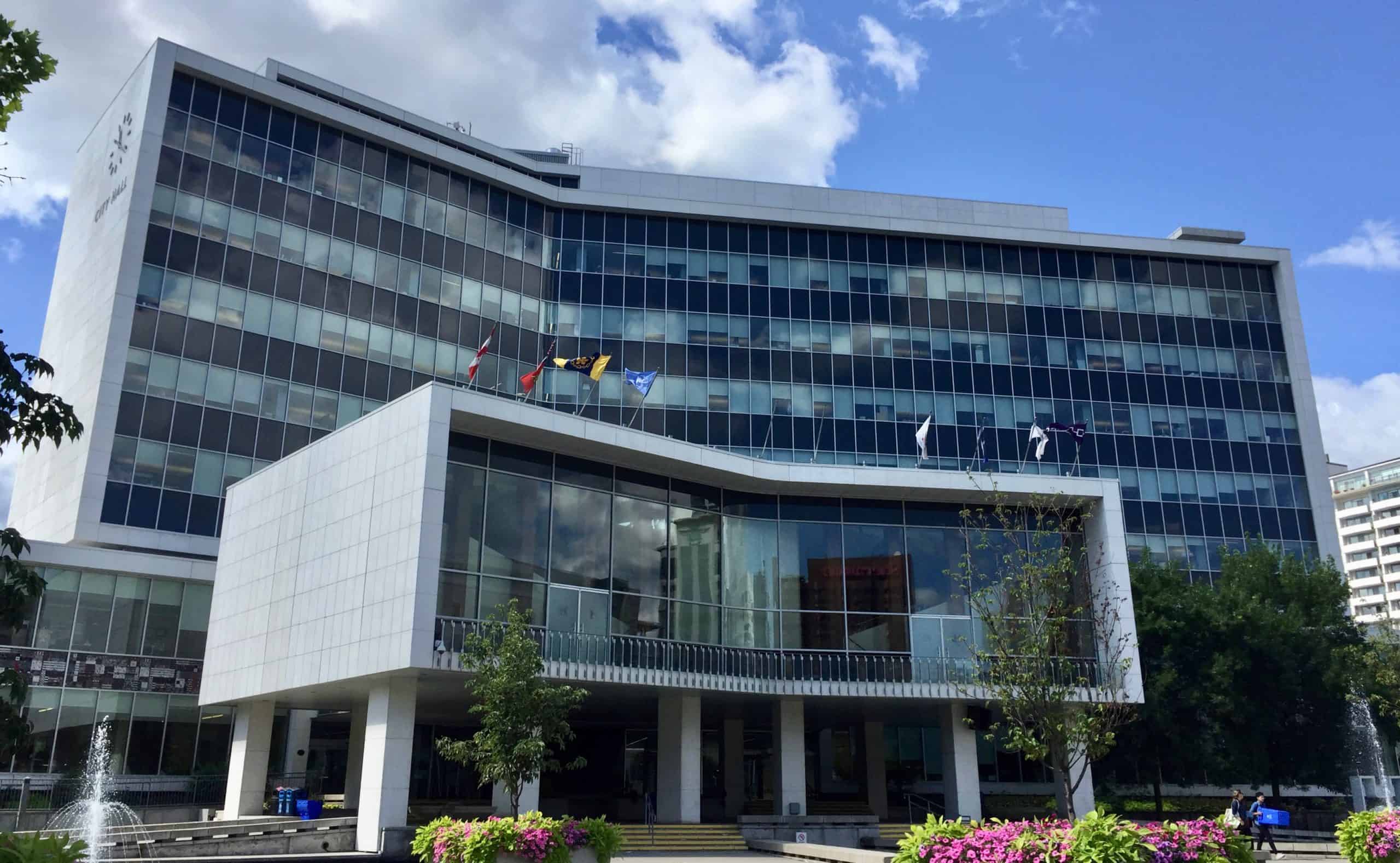City of Hamilton illegally closed portion of meeting to public
Published October 7, 2019 at 3:42 pm

The Ontario Ombudsman found that the City of Hamilton illegally closed a public portion of a meeting they conducted earlier this year.
The Ontario Ombudsman found that the City of Hamilton illegally closed a public portion of a meeting they conducted earlier this year.
In a recent report, Ombudsman Paul Dubé, said that a meeting held at White Oaks Resort in Niagara-on-the-Lake in February to interview potential hires for Hamilton’s City Manager was not in violation of the Municipal Act.
However, the opening portion of the meeting, which was supposed to be public, was illegally closed to the public due to “a breakdown in communication” between the city, its recruitment firm and the venue.
A Hamilton citizen’s group who was organizing a protest at the meeting arranged to have a bus take them to the resort after the City Manager Recruitment Steering Committee decided on the location 60 kilometres outside of the city. At the time, they claimed it was to ensure applicants’ privacy.
When the group arrived at White Oaks at 9 a.m., they were turned away and told the meeting was private. Upon further investigation, it was revealed that the meeting was originally scheduled to begin at 9 but was in fact rescheduled to 8:30 and the change in time wasn’t made readily available.
“Members of the group recorded video of White Oaks staff telling them that the meeting was private and ordering them off the property,” the Ombudsman report says.
The incident prompted 77 complaints to the Ontario Ombudsman, the report says, “more than any other meeting the office has investigated to date.”
In the end, the report says: “the city’s failure to ensure that the public could attend the open portion of the meeting – including inadequate public notice of the changed meeting time – constituted an illegal meeting, even though it was the recruitment firm and resort staff who prevented public access.”
The report also found that the city was no legal requirement to conduct the meeting at a venue outside the city and that keeping the interviews private and confidential is done for ‘good reason.’
The ombudsman concluded with three recommendations to the city going forward:
- That council members be vigilant in ensuring that the open meeting rules and the city’s own procedural by-law are followed;
- That the public has access to all open meetings of council and committees;
- That it updates its procedural by-law to ensure public notice is provided for all committee meetings.
For now, the city is required to pass a resolution stating how it intends to respond to the Ombudsman’s recommendations in the near future.
insauga's Editorial Standards and Policies advertising





